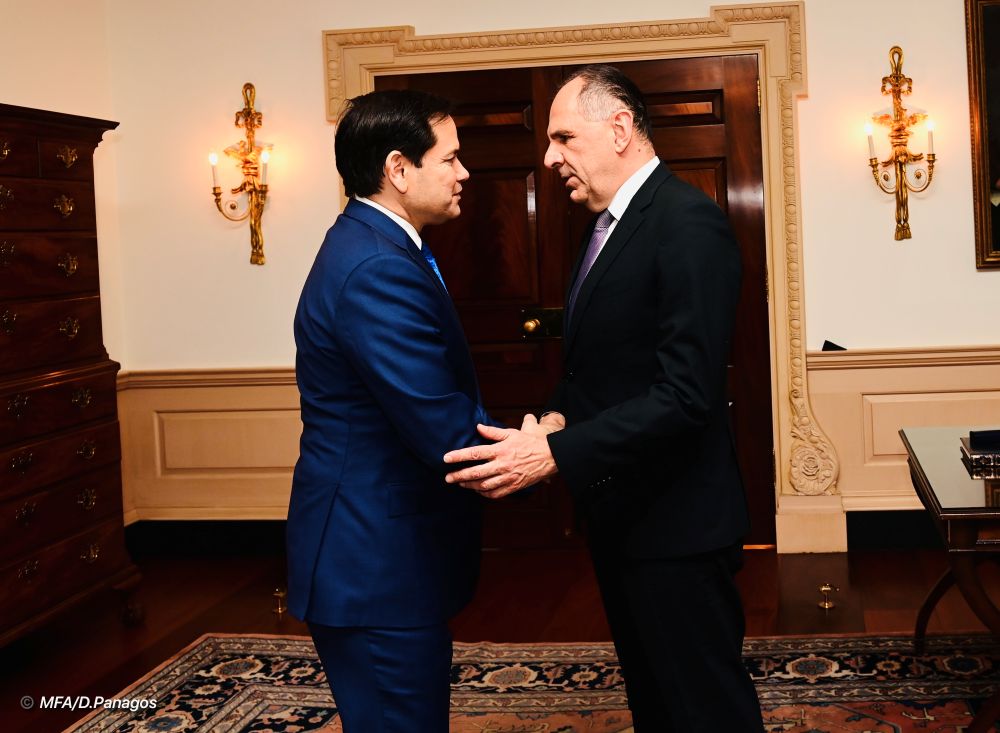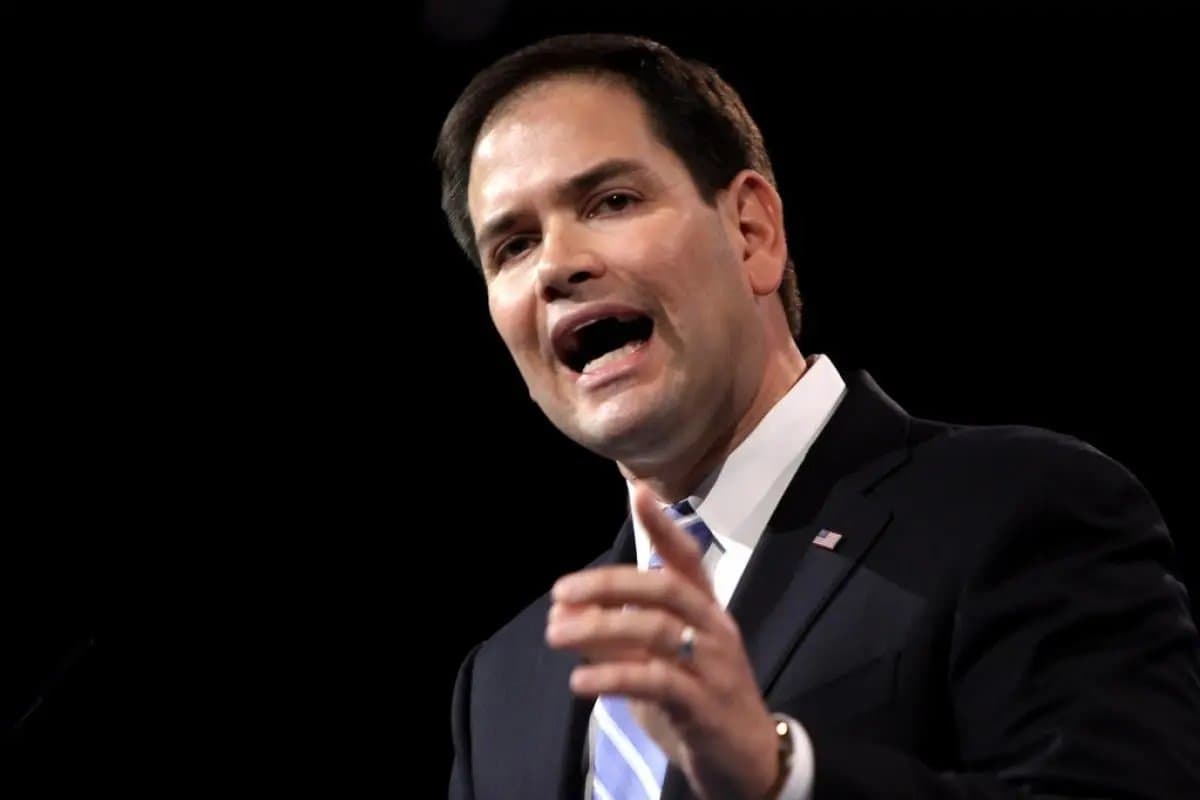Greece is steadily aligning with the new Trump administration, aiming to sustain the momentum of U.S.–Greek relations amid evolving geopolitical challenges in the Eastern Mediterranean.
According to To Vima, U.S. Secretary of State Marco Rubio is slated to visit Athens in October to lead the U.S. delegation at the sixth U.S.–Greece Strategic Dialogue. This marks a historic first, as it will be the highest-level U.S. representation since the dialogue’s inception, signaling Washington’s heightened focus on Greece and the region.

Rubio’s participation, though not yet officially confirmed, highlights the U.S.’s strategic push for deeper ties with Athens, as the Eastern Mediterranean grows critical in countering China’s influence. The region is pivotal for energy, infrastructure, and security—key areas of expanding U.S.–Greek cooperation.
This engagement includes Chevron’s energy exploration south of Crete and potential U.S. International Development Finance Corporation (DFC) support for the Great Sea Interconnector, a project linking the power grids of Greece, Cyprus, and Israel. The DFC’s technical review has been approved, with final Board of Directors’ approval pending.
The “3+1” framework (Greece, Cyprus, Israel, and the U.S.) is also seeing renewed momentum under Trump’s second term after a period of inactivity. Foreign Minister George Gerapetritis was among the first European leaders to meet Rubio at the State Department post-appointment, with further discussions held in Brussels during a NATO ministerial meeting. A positive U.S. State Department statement followed a April 16 call between Deputy Foreign Minister Alexandra Papadopoulou and Deputy Secretary of State Christopher Landau, reinforcing strong bilateral ties.
Uncertainty Surrounding a White House Visit
A potential White House meeting between President Donald Trump and Prime Minister Kyriakos Mitsotakis was considered for mid-May, aligning with Mitsotakis’s New York visit to lead a U.N. Security Council session. While such a meeting could elevate U.S.–Greece ties, Athens is reportedly hesitant to pursue a formal invitation due to concerns over the unpredictability of Trump’s second-term Oval Office engagements, especially after recent high-profile foreign leader visits. Gerapetritis suggested a meeting might occur “in due course.”
Greece’s Strategy in Trump’s Washington
Greece is actively building ties with key figures in Trump’s administration and its political network. Deputy Foreign Minister Papadopoulou has cultivated relationships with former National Security Adviser Robert O’Brien, Senator Jim Risch (Senate Foreign Relations Committee chair), and Deputy Secretary of Defense Elbridge Colby, a key architect of Trump’s defense strategy.
Greek Americans are instrumental in these efforts. Ambassador George Tsounis is close to Sergio Gor, Director of the White House Presidential Personnel Office. Representative Gus Bilirakis (R-FL) has ties to Trump’s chief of staff, Susie Wiles, while Christos Marafatsos of “Greeks for Trump” is connected to envoy Richard Grenell. Lobbyist Mike Manatos leverages ties to Rubio’s adviser Bethany Poulos and Florida’s Republican establishment, including National Security Adviser Mike Waltz.
A notable connection is between Endy Zemenides of the Hellenic American Leadership Council and Breitbart News’ Washington bureau chief, Matthew Boyle. During a recent Athens visit, Mitsotakis gave Boyle an exclusive interview that resonated widely in U.S. conservative media, reportedly reaching Trump himself, who spoke positively of Mitsotakis. This underscores Greece’s ability to navigate Trump’s media ecosystem effectively.
Petros Kasfikis is an accredited correspondent for MEGA TV and To Vima, covering the White House, State Department, and Capitol Hill. Subscribe to his YouTube channel for the latest from Washington, D.C.: youtube.com/c/PKas?sub_confirmation=1
Originally published on www.greeknewsusa.com.
